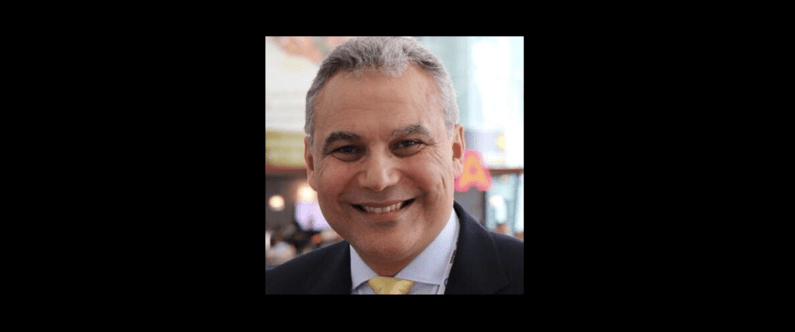Diabetes and Ramadan discussed at WCM-Q Grand Rounds
 Dr. Mohamed Hassanein
Dr. Mohamed Hassanein
The latest installment of Weill Cornell Medicine-Qatar’s (WCM-Q) Grand Rounds Live Webinar Series discussed the practicality of people with type 2 diabetes fasting during the holy month of Ramadan.
Aimed at physicians, nurses, dentists, pharmacists, allied health professionals, researchers, educators, and students, the webinar was designed to ensure that participants can estimate the risk of fasting in people with type 2 diabetes, understand the role of education, help manage diabetes, and examine the role of technology in managing diabetes during Ramadan.
The webinar was led by Dr. Mohamed Hassanein, professor of medicine at Mohammed Bin Rashid University of Medicine and Health Sciences and Gulf Medical University in the United Arab Emirates (UAE), who highlighted the prevalence of type 2 diabetes and the importance of keeping people aware of the condition in relation to Ramadan fasting.
Dr. Hassanein is also a senior consultant in endocrinology and diabetes at Dubai Hospital, the chair of the Diabetes and Ramadan International Alliance, and the associate editor of the Dubai Diabetes and Endocrinology Journal. He has co-authored multiple recommendation papers on diabetes and Ramadan, including the IDF-DAR Diabetes and Ramadan Practical Guidelines in 2016 and 2021.
Referencing the 2021 DAR Global Survey, the largest study of 15,902 people with type 2 diabetes, Dr. Hassanein said: “Fasting during Ramadan is associated with changes in blood glucose levels. The potential risks of fasting for people with type 2 diabetes include hypoglycemia, hyperglycemia, diabetic ketoacidosis, and dehydration & thrombosis. Many people with diabetes do not only come with a glycemic issue but frequently have a package of other complications like hypertension, hyperlipidemia, neuropathy, retinopathy, microalbuminuria, nephropathy/chronic kidney disease (CKD), macrovascular disease, and diabetic foot problems, so quantifying the exact risk of the person with diabetes is essential to avoid fasting-related complications.
To make fasting safer, Dr. Hassanein recommends assessing the risk of fasting, monitoring blood glucose levels, seeking fluids and dietary advice, following guidance on physical activity and exercise, adjusting medication, creating a better understanding of when to break the fast, and recognizing hypo and hyperglycemia symptoms.
Dr. Hassanein concluded by saying that although the majority of fasting people with type 2 diabetes experience no complications, a comprehensive pre-Ramadan assessment is essential. With just over 40% of people with type 2 diabetes not receiving any diabetes-related education, he points out the importance of a Ramadan-focused education and ensuring pre-Ramadan treatment adjustments to improve safety for those on insulin or sulphonylurea (SU).